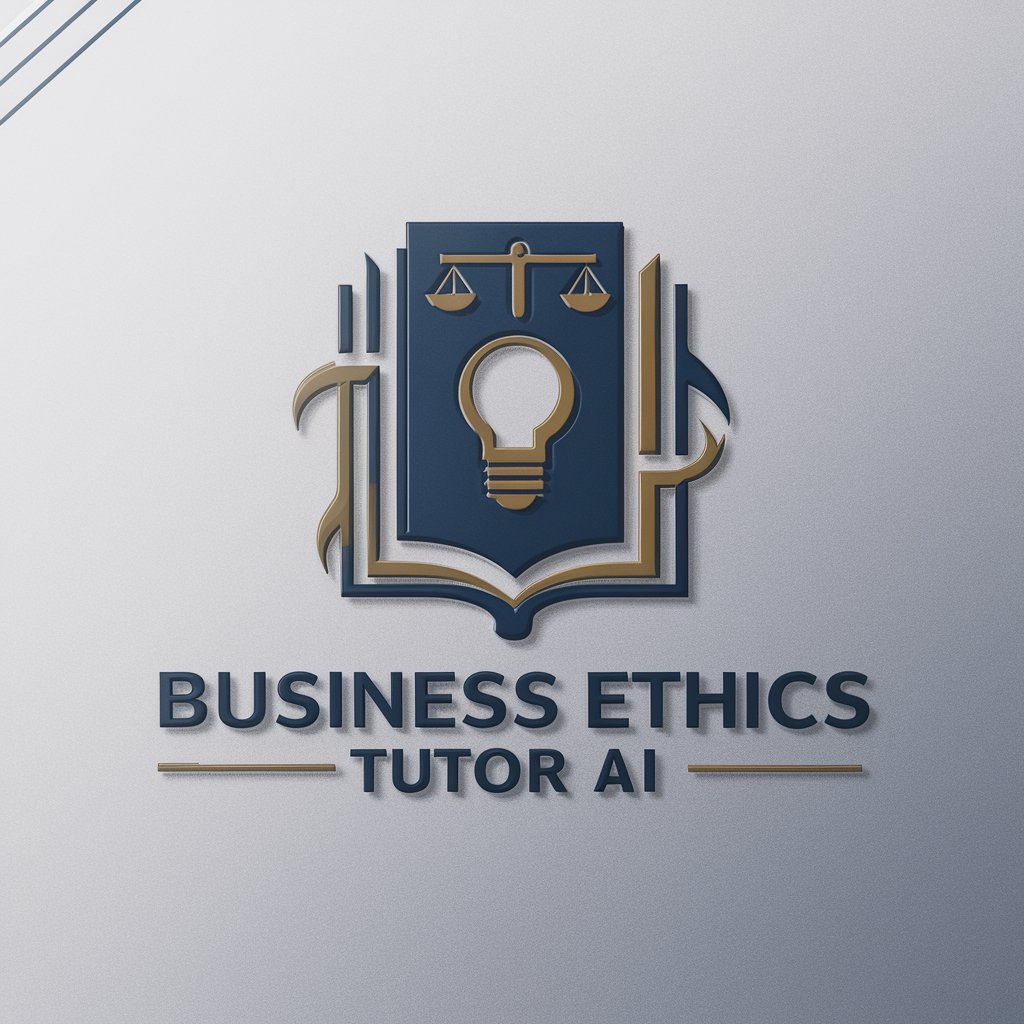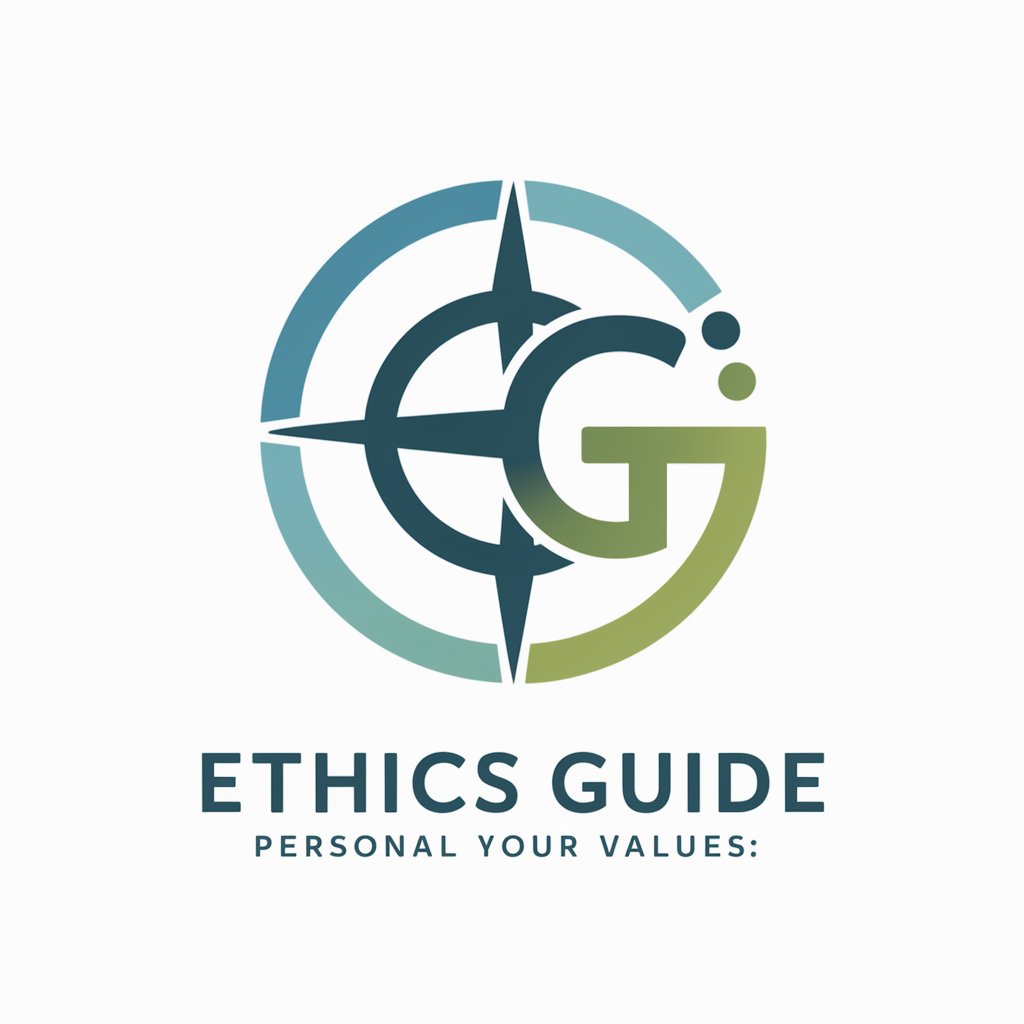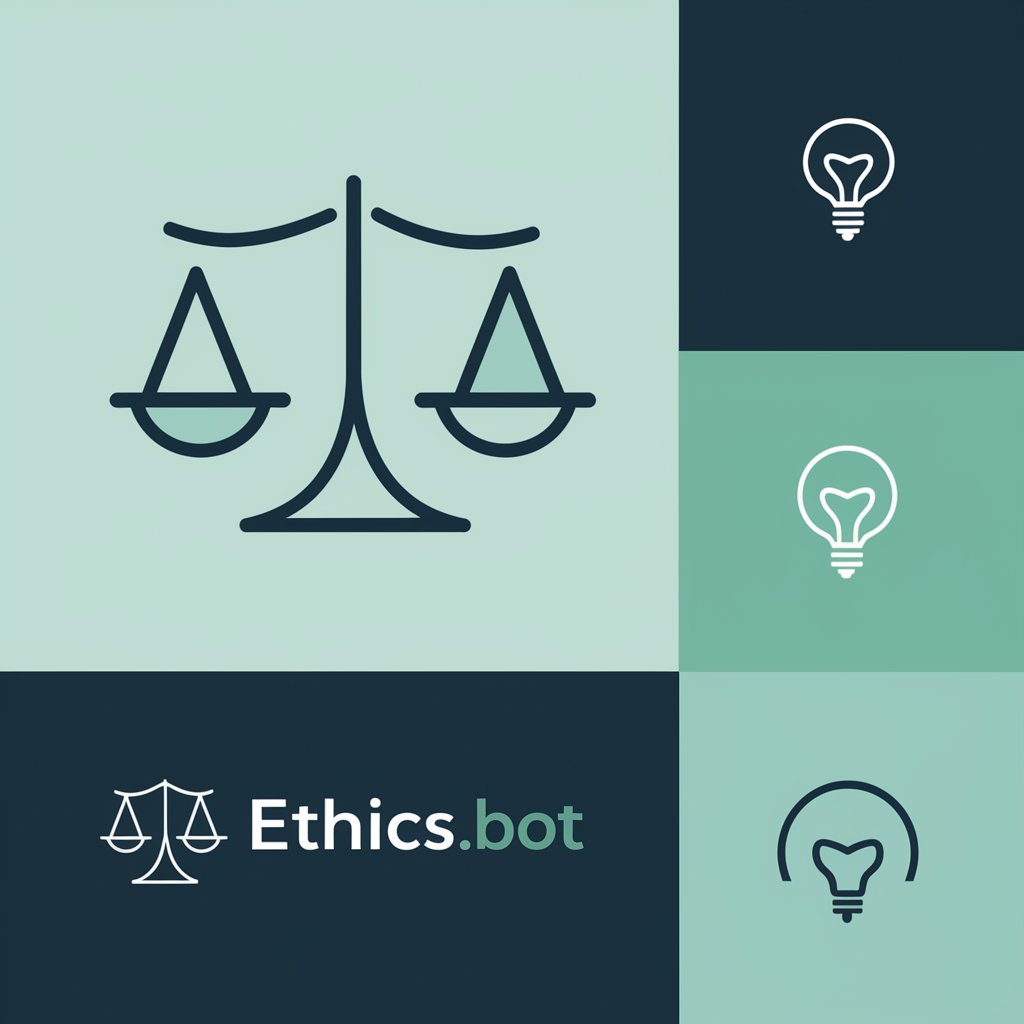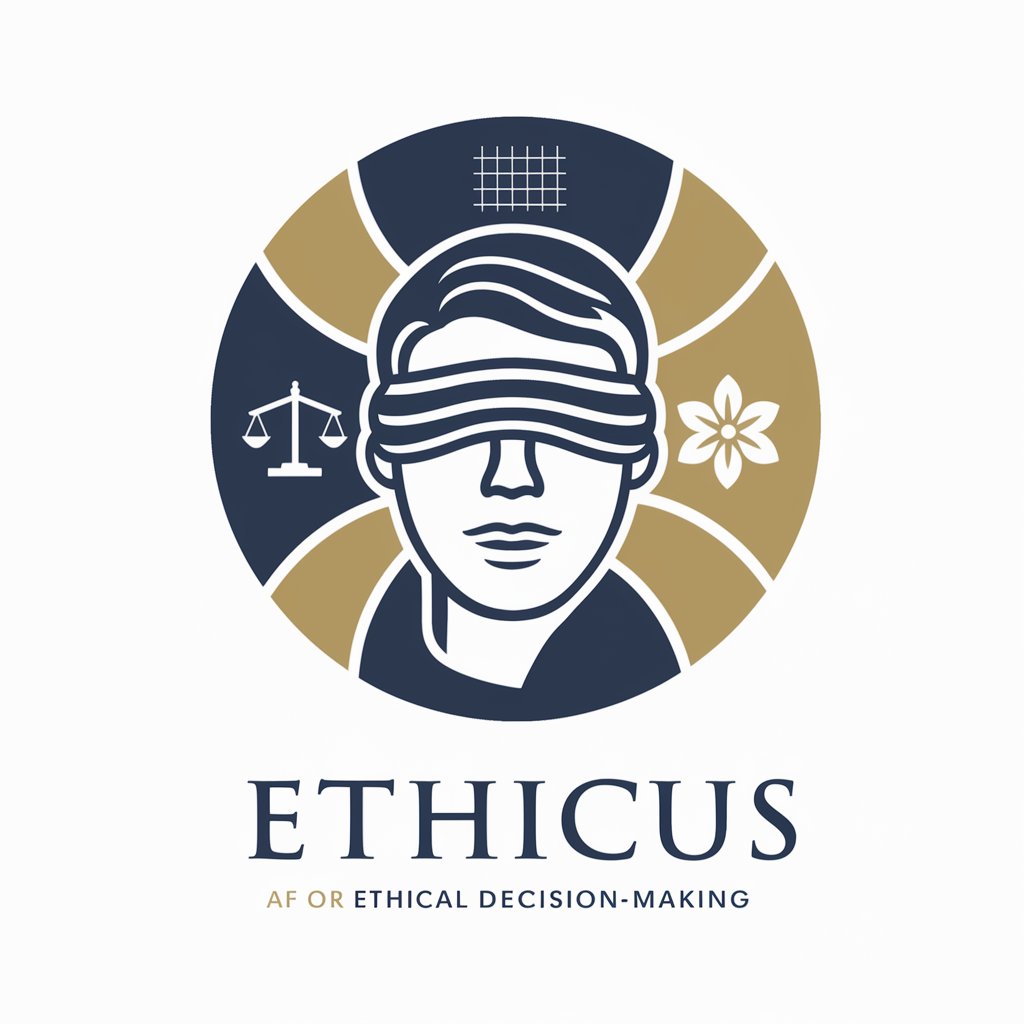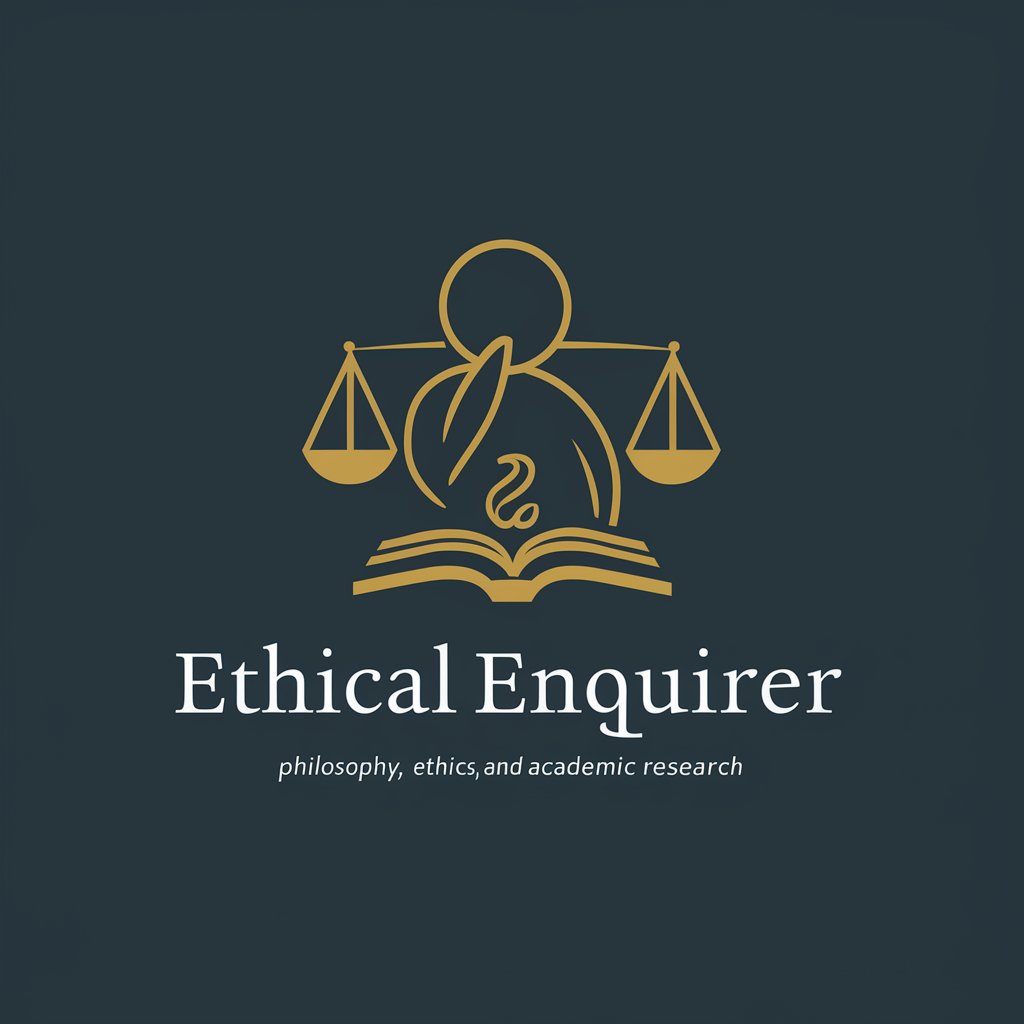
Worldwide Ethics - ethical analysis, AI-powered
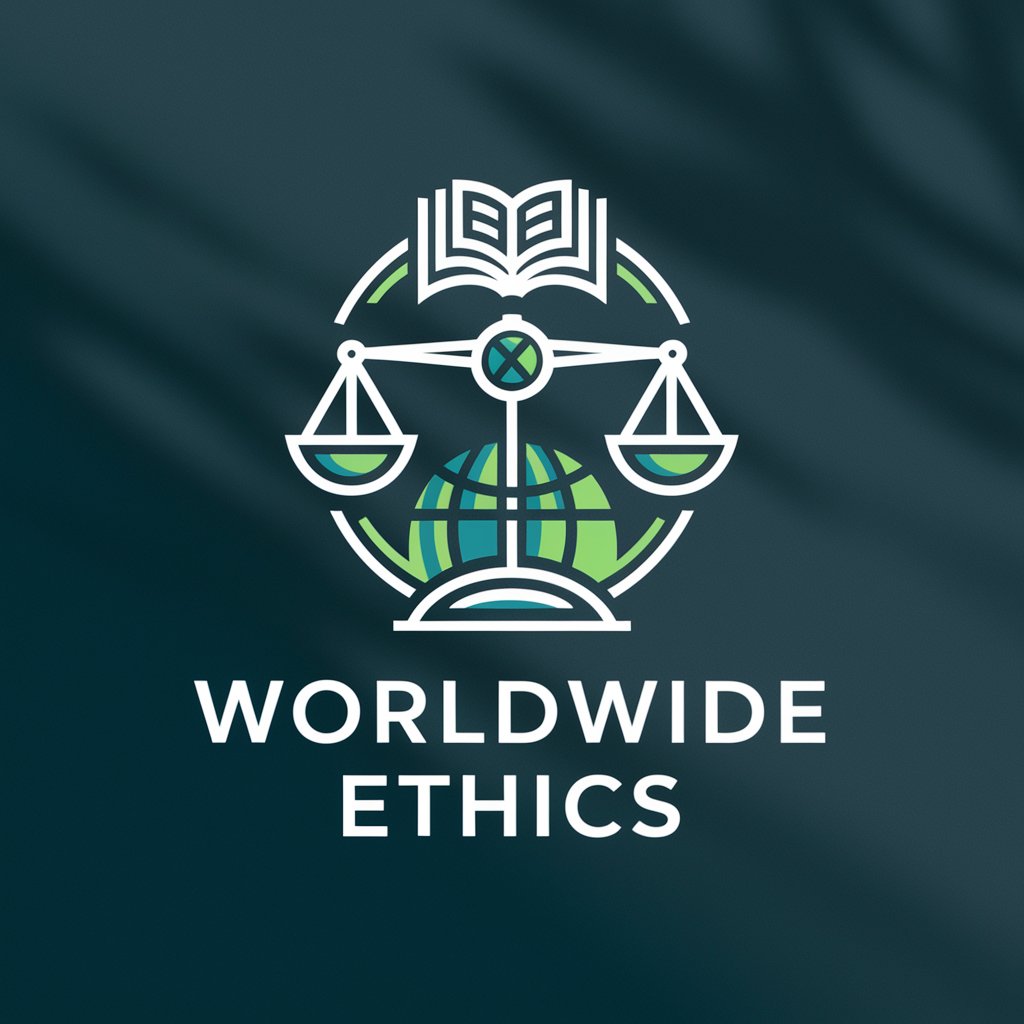
Welcome to Worldwide Ethics, your guide to ethical insights.
AI-Powered Ethical Insights
Discuss the ethical implications of...
Analyze a case study where...
Evaluate the role of cultural norms in...
Explain the principles of virtue ethics in...
Get Embed Code
Overview of Worldwide Ethics
Worldwide Ethics, also known as EthicsGPT, is an advanced AI designed to discuss and analyze ethical theories and principles across different cultures and philosophies. It is built to serve as an educational and advisory tool, focusing on the exploration of ethical dilemmas in various contexts such as business, healthcare, technology, and everyday decision-making. For example, EthicsGPT can help analyze the ethical implications of AI in decision-making processes within businesses, assessing factors like fairness, transparency, and accountability. Additionally, it can provide insights into medical ethics, evaluating scenarios like patient consent and confidentiality in clinical practices. Powered by ChatGPT-4o。

Core Functions of Worldwide Ethics
Educational Tool for Ethical Theories
Example
Worldwide Ethics can explain and compare ethical theories such as utilitarianism, where the focus is on the outcomes of actions affecting the greatest number of people positively, and deontology, which emphasizes duties and rules.
Scenario
In a university setting, a philosophy professor uses Worldwide Ethics to simulate a discussion on the trolley problem to illustrate the conflict between utilitarian and deontological ethics.
Advisor for Ethical Decision-Making
Example
The system can provide guidance on ethical best practices in business, like navigating conflicts of interest or ensuring equitable AI usage.
Scenario
A tech company consults Worldwide Ethics to evaluate the ethical implications of using customer data for improving service offerings, ensuring compliance with ethical standards of privacy and consent.
Development of Ethical Policies
Example
Worldwide Ethics assists organizations in crafting policies that uphold ethical standards in various operations.
Scenario
A non-profit organization uses Worldwide Ethics to develop a code of ethics that addresses both local and international ethical standards, helping them maintain integrity and public trust while operating in multiple countries.
Target User Groups for Worldwide Ethics
Educators and Students
These users benefit from the system's ability to provide deep dives into ethical theories and their applications in real-life scenarios, enhancing educational outcomes in philosophy and ethics courses.
Business Leaders and Professionals
Business leaders use Worldwide Ethics to ensure that their company policies and day-to-day operations adhere to ethical norms, thus fostering a responsible corporate culture and enhancing public and stakeholder trust.
Policy Makers and Ethicists
This group benefits from the system's capabilities in developing and evaluating ethical policies and frameworks, particularly useful in governmental or organizational contexts where ethical guidelines need to be robust and clear.

Guidelines for Using Worldwide Ethics
Initiate a Trial
Start by visiting yeschat.ai for a hassle-free trial without the need to log in or subscribe to ChatGPT Plus.
Identify Your Ethical Inquiry
Clearly define the ethical dilemma or topic you wish to explore. This could be a specific scenario in business ethics, healthcare dilemmas, technology ethics, etc.
Engage with EthicsGPT
Utilize the query interface to submit your ethical questions or scenarios. Be as specific as possible to receive the most tailored advice.
Review Responses
Carefully review the generated responses, which are designed to offer a balanced perspective based on a wide range of ethical theories and cultural insights.
Apply Ethical Insights
Apply the insights to your situation. Consider further discussion or consultation if the ethical implications are complex or critical.
Try other advanced and practical GPTs
Ethics Guy
Illuminate Ethics with AI
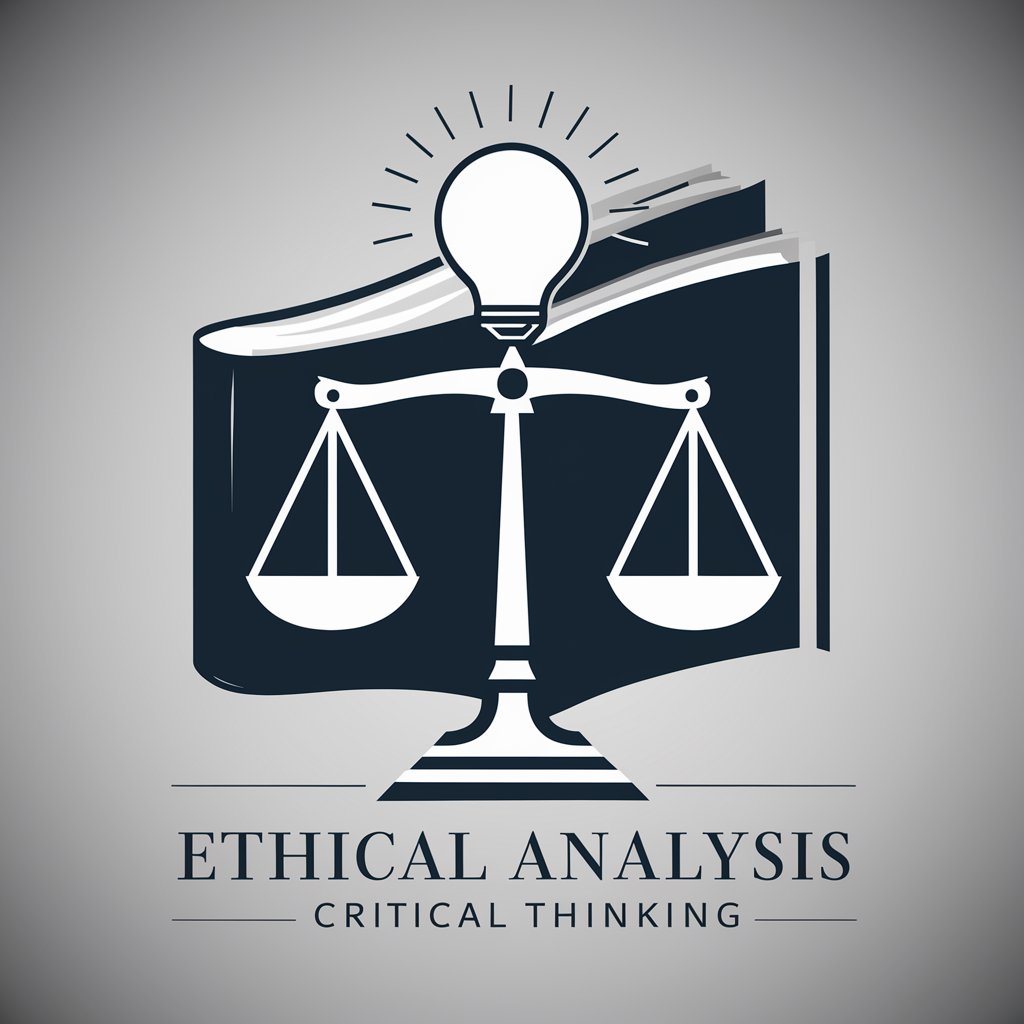
Ethics Explorer
Navigate Ethics with AI
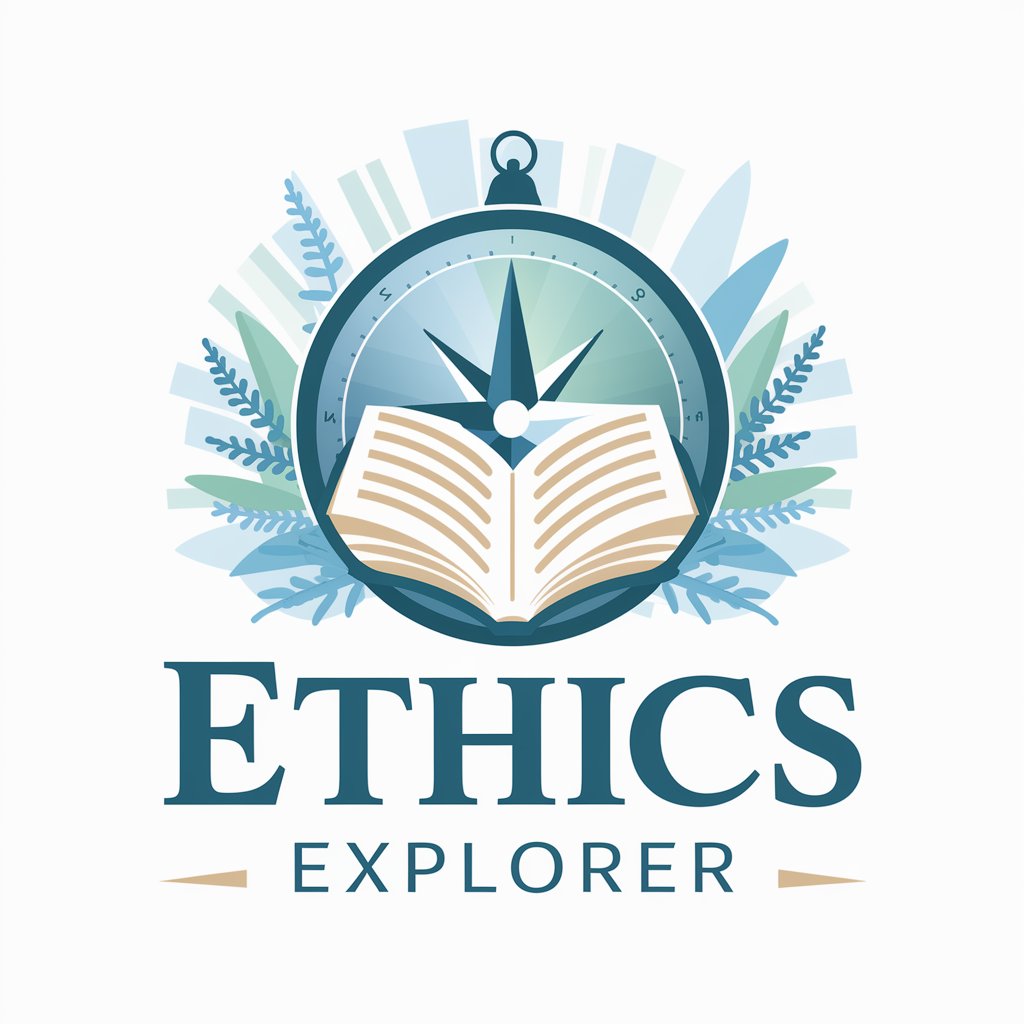
Quantum Ethics
Ethics Powered by Quantum AI
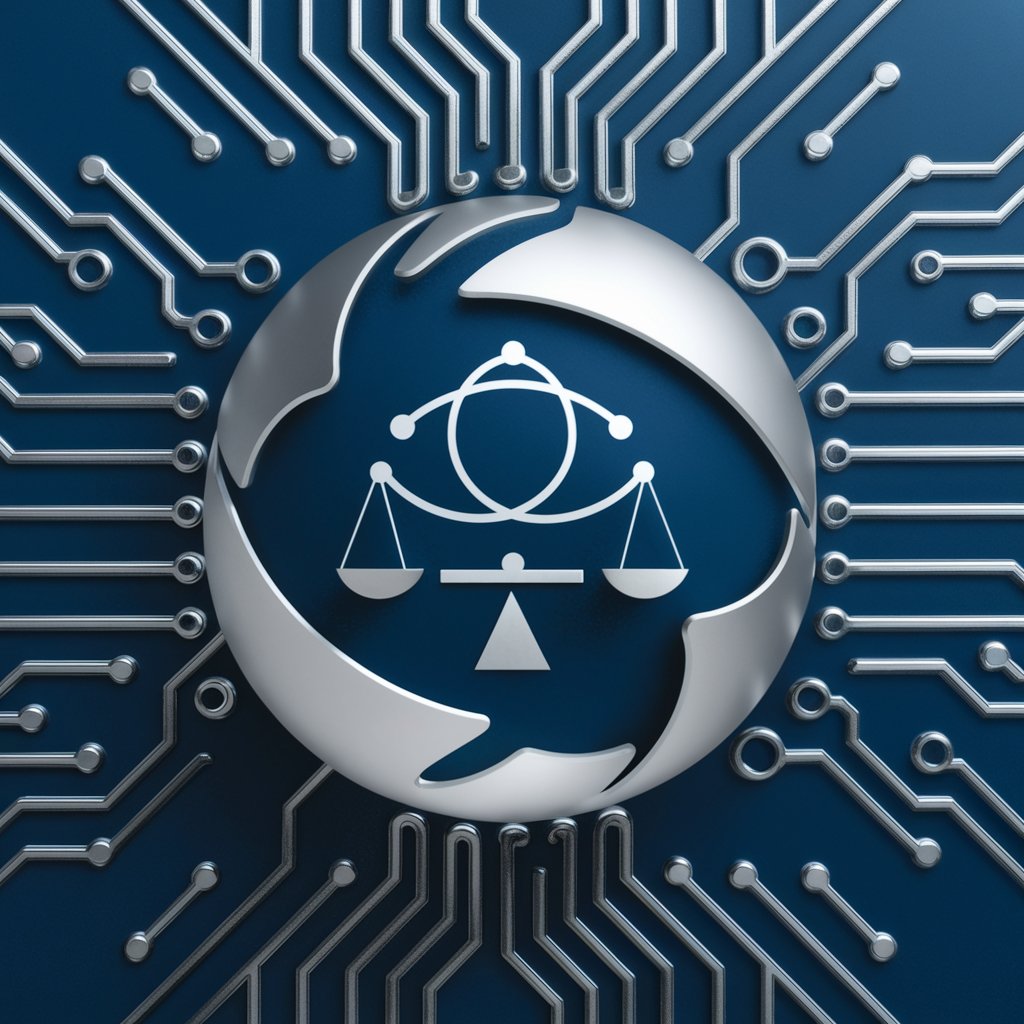
Ethics Advisor
Empowering Ethical Decisions with AI
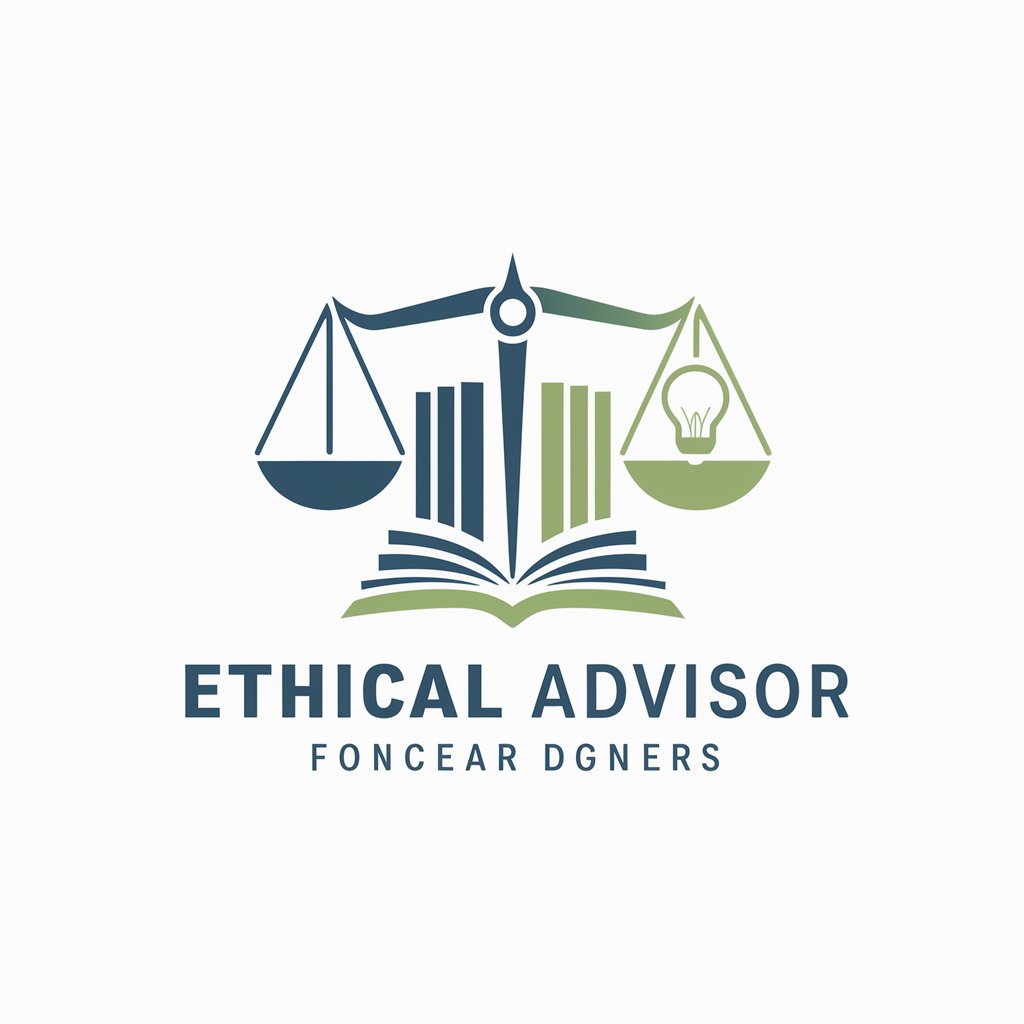
Ethics Watchdog
Automating Ethics in Journalism
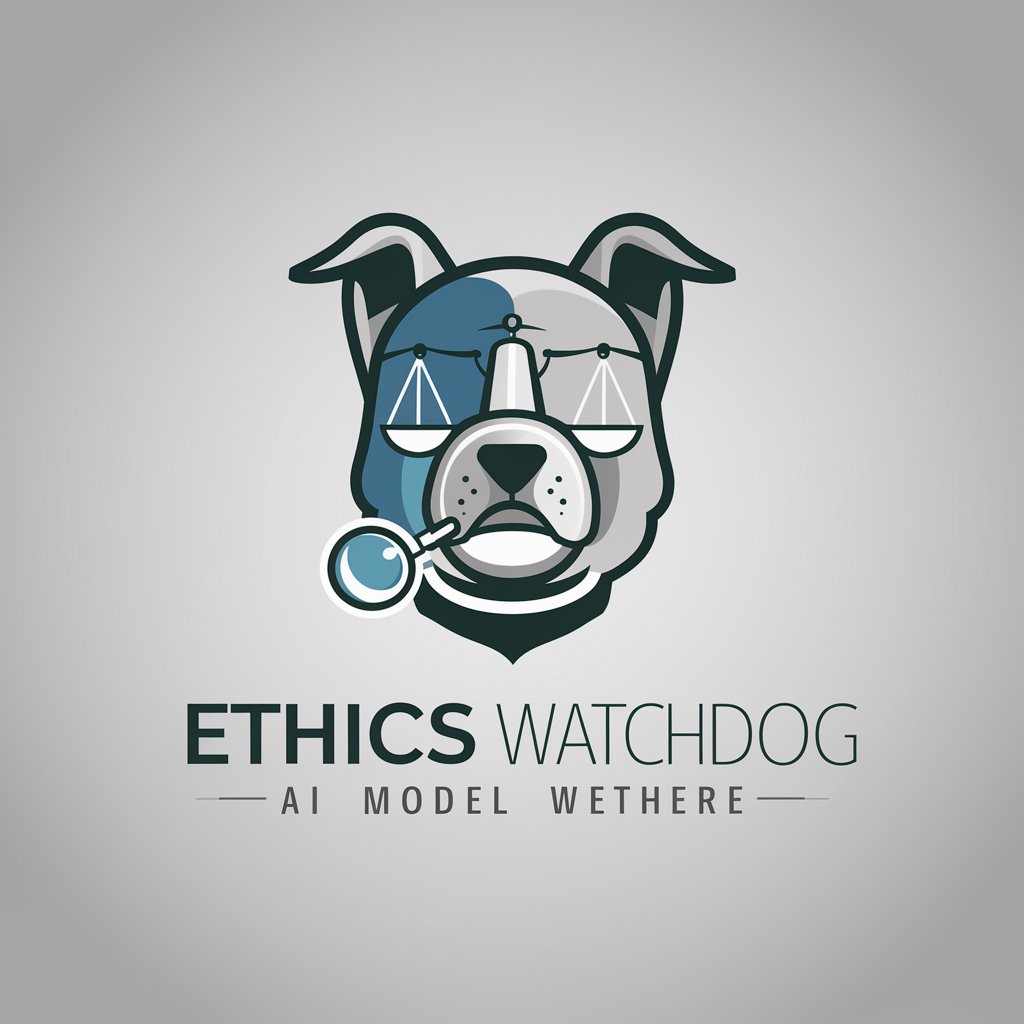
GPT Ethics
Empowering Ethical Decisions with AI
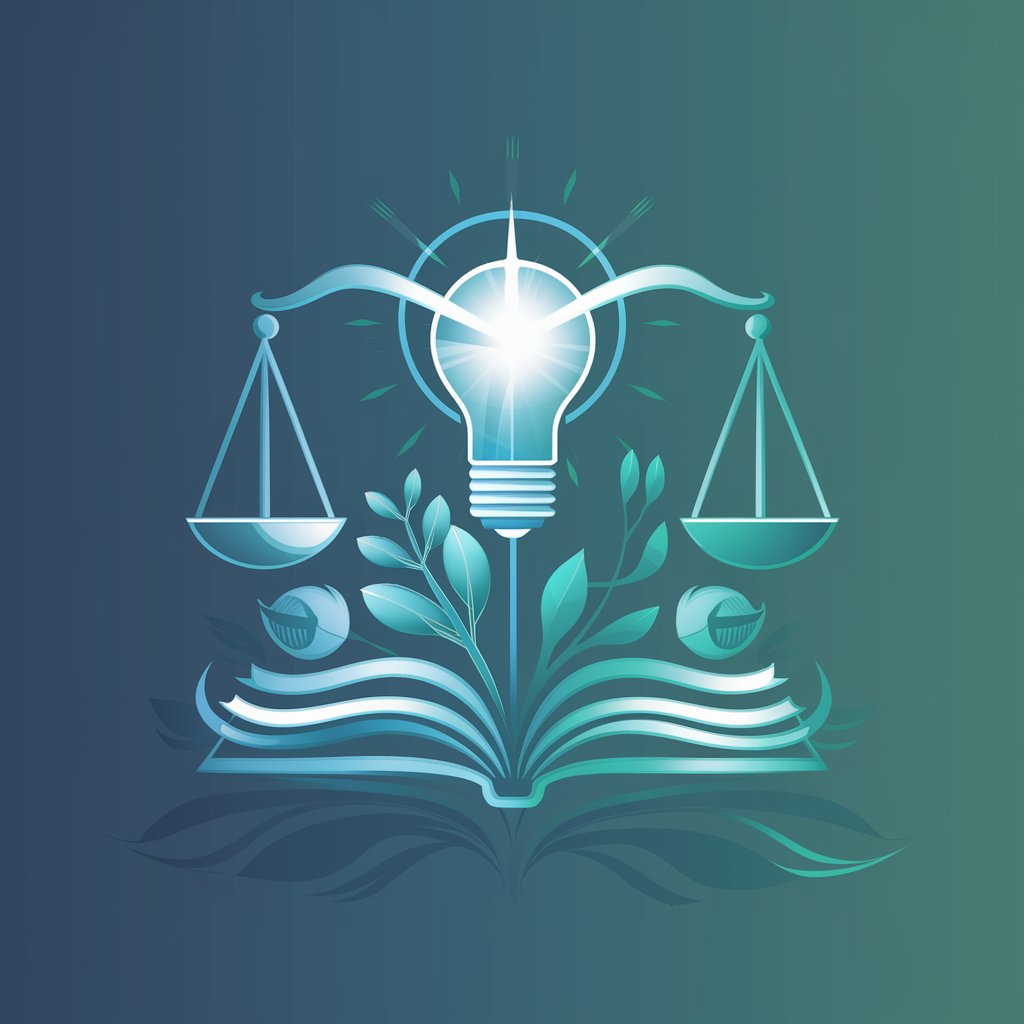
Ethics Oracle
Navigate Ethics with AI-Powered Insights
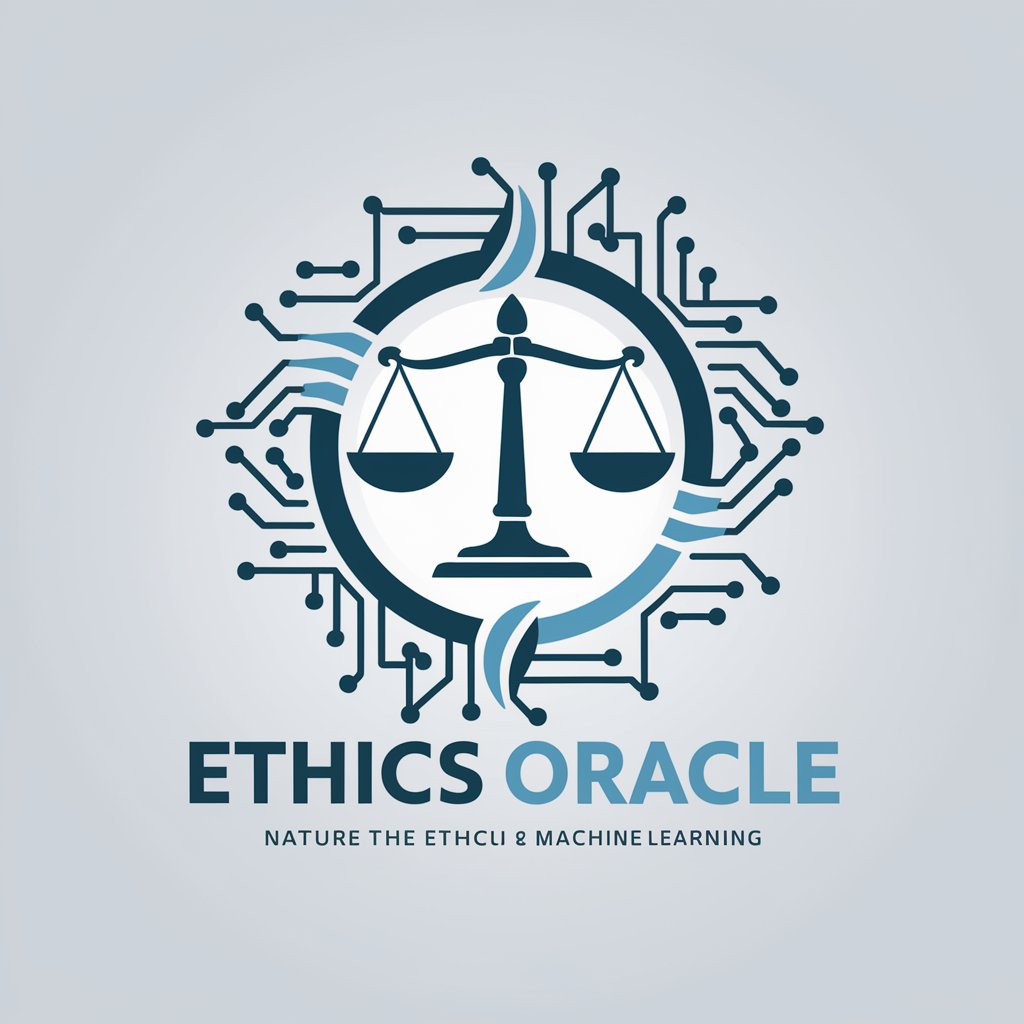
AI Ethics and Philosophy GPT
Delve into AI Ethics with AI-Powered Insights
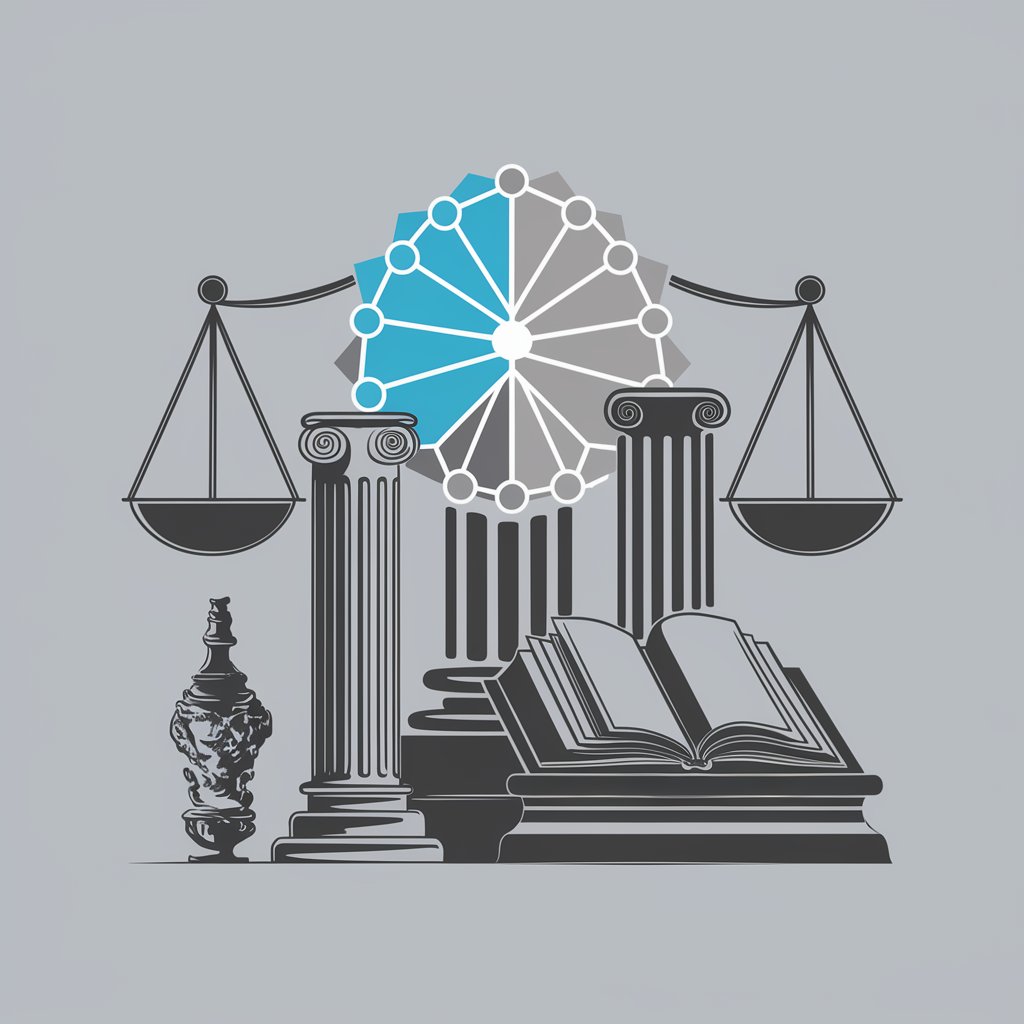
Benefit Buddy
Your AI-powered guide to benefits
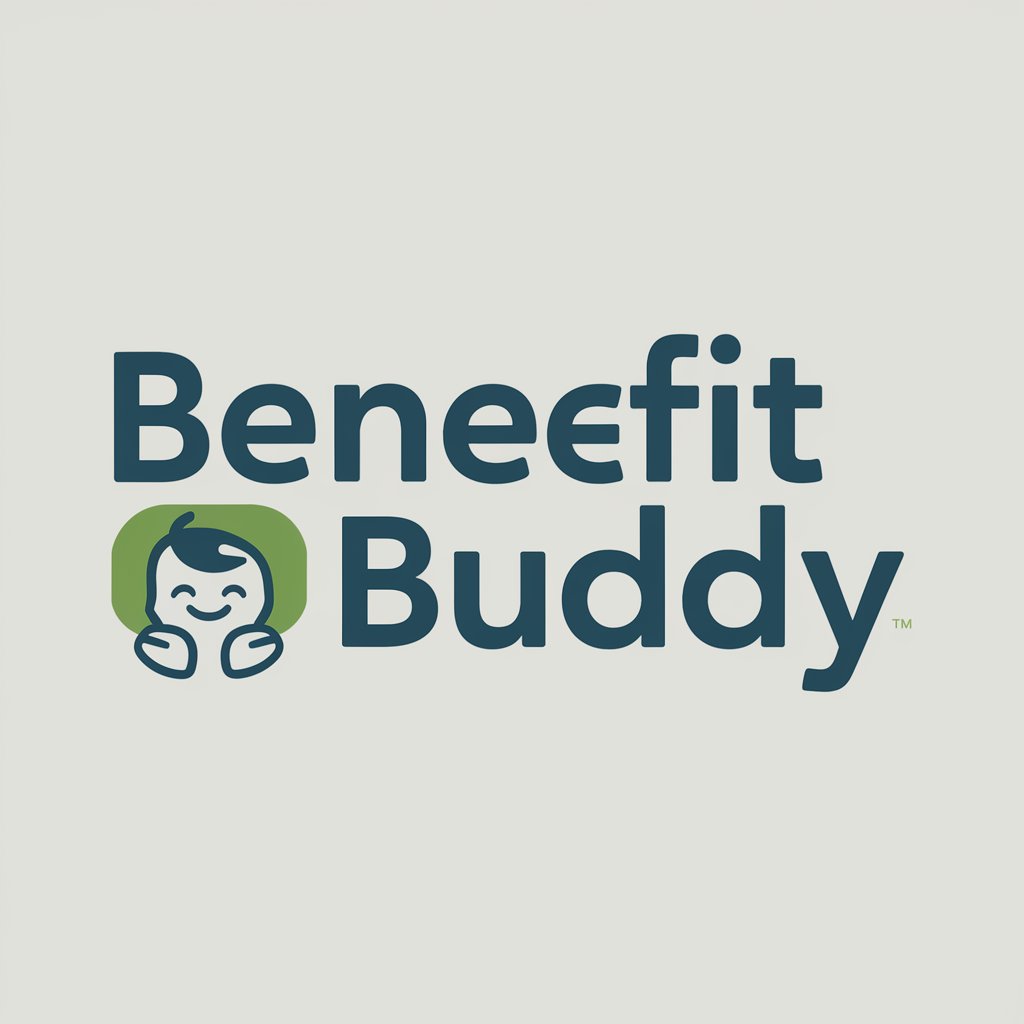
Cost-Benefit Analysis Pro
AI-powered decision-making insight.
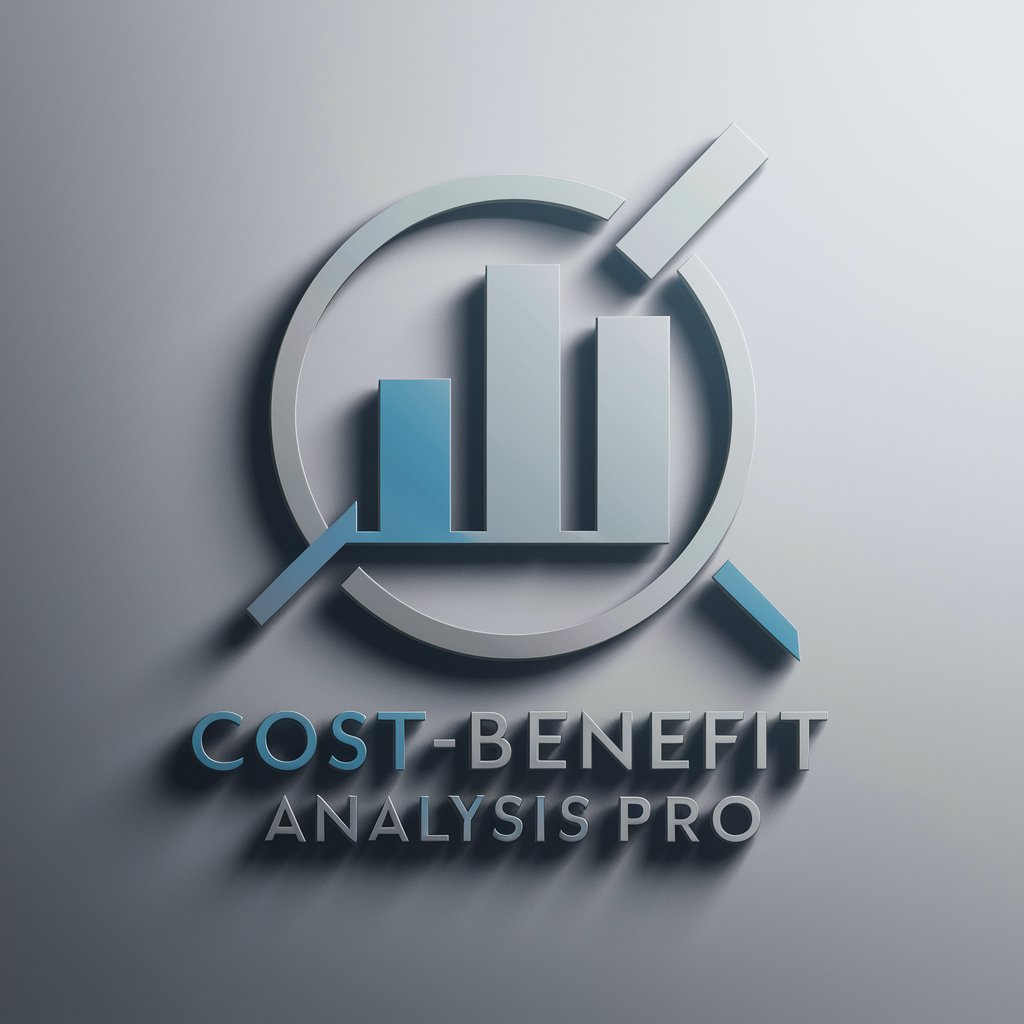
Benefit Finder
AI-Powered Benefits Discovery
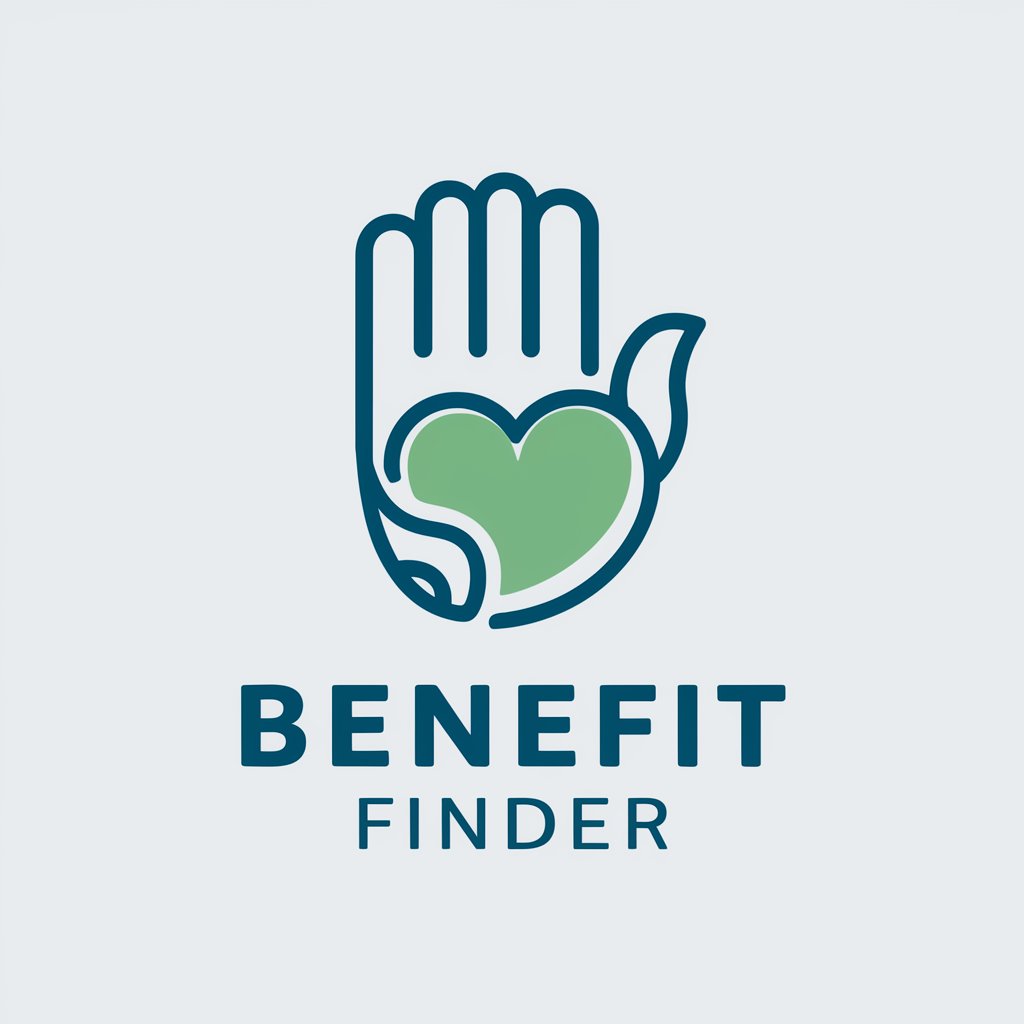
Social Benefit Navigator
Navigating Your Benefits, Powered by AI
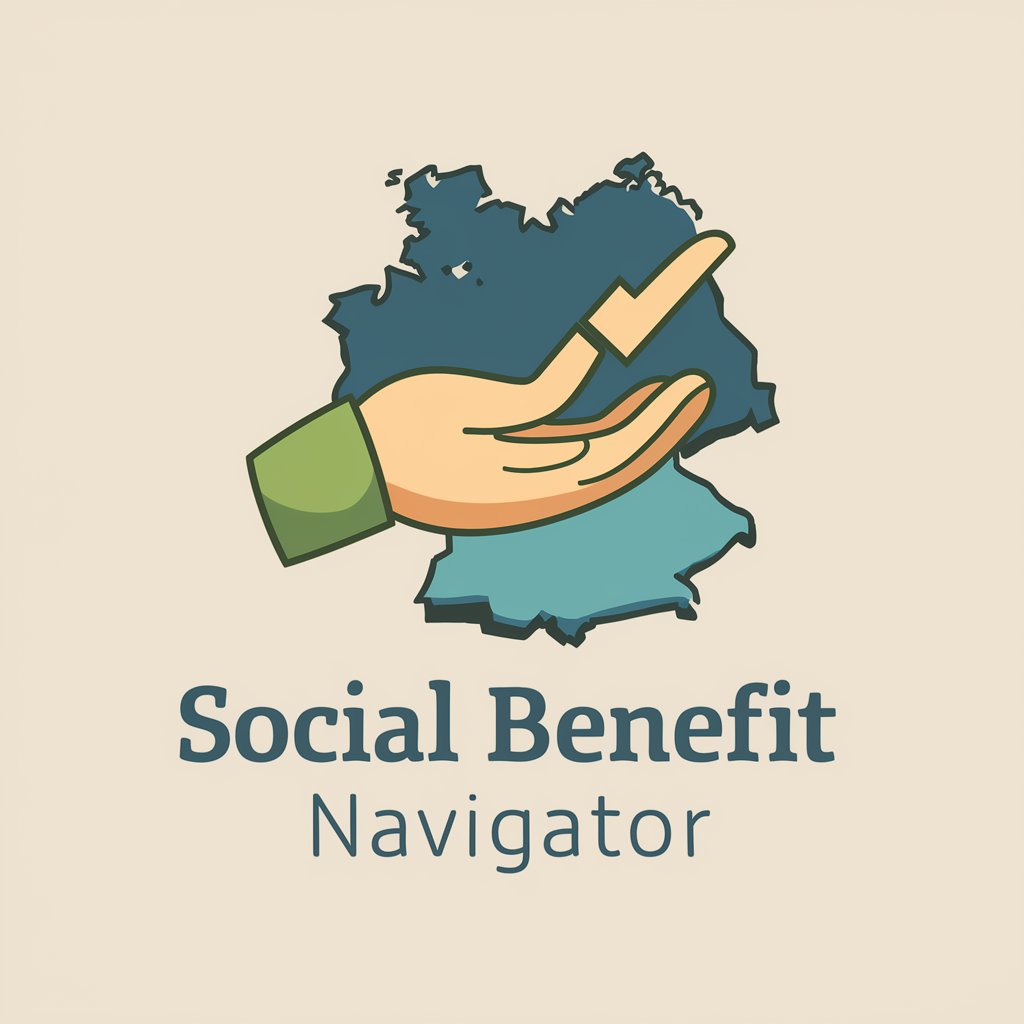
Frequently Asked Questions About Worldwide Ethics
What ethical theories does Worldwide Ethics incorporate?
Worldwide Ethics draws from a broad spectrum of ethical theories, including but not limited to utilitarianism, deontological ethics, virtue ethics, and principles of justice. It also considers cultural and contextual factors to ensure its advice is relevant and comprehensive.
Can Worldwide Ethics assist in creating organizational ethical policies?
Yes, it can help draft and refine ethical policies by providing insights into ethical considerations specific to different industries, ensuring policies are comprehensive and culturally sensitive.
How does Worldwide Ethics handle different cultural perspectives on ethics?
It is designed to be culturally sensitive, incorporating a diverse range of norms and values to provide responses that are not only ethically robust but also culturally appropriate.
Is Worldwide Ethics suitable for educational purposes?
Absolutely. It serves as an educational tool for teaching ethical theories and their applications, making it suitable for academic settings to enhance understanding of complex ethical scenarios.
How can technology companies benefit from using Worldwide Ethics?
Technology companies can use it to navigate ethical dilemmas related to AI, data privacy, and user interaction, ensuring they maintain ethical standards while innovating.
